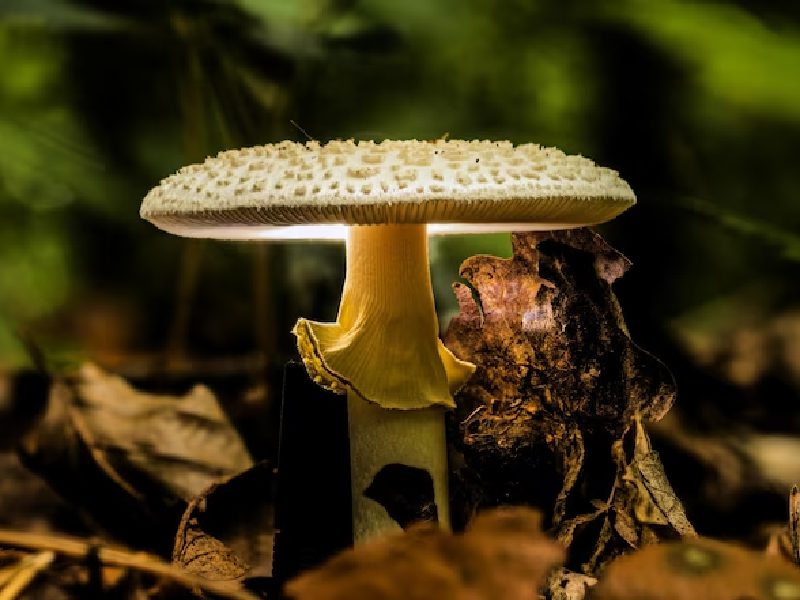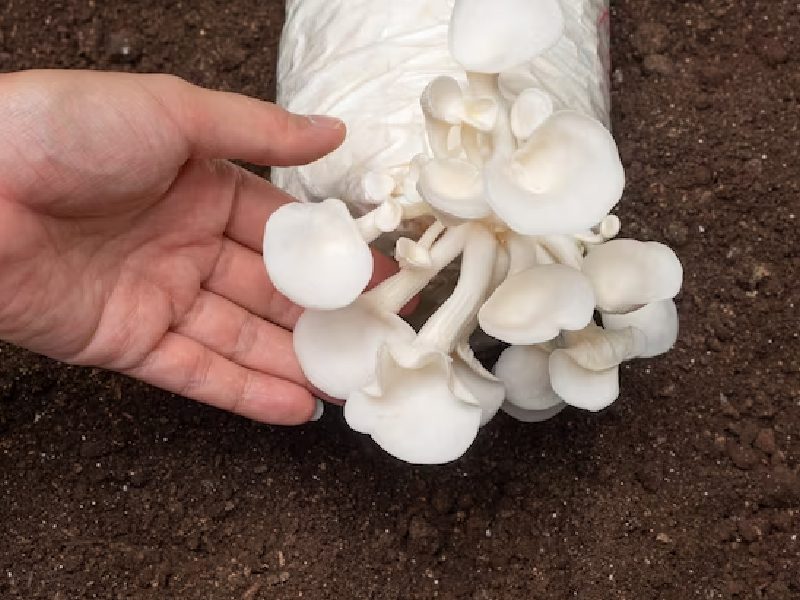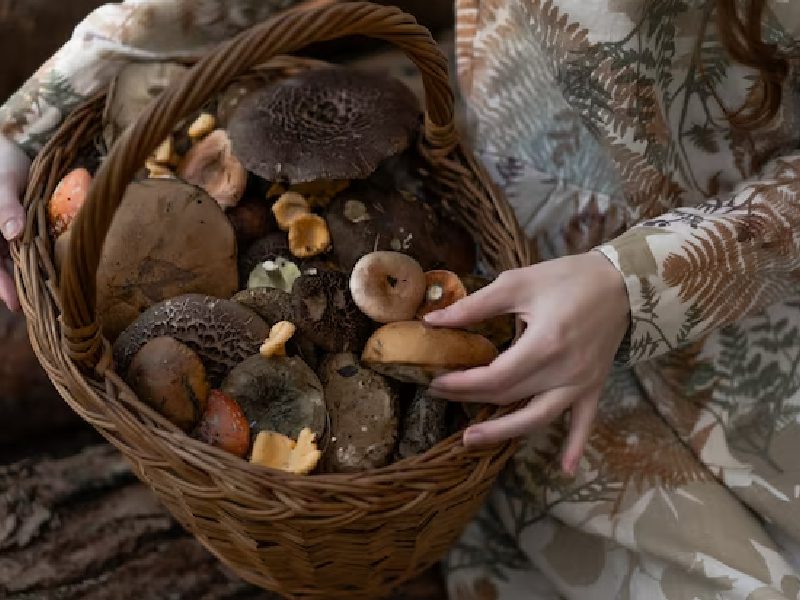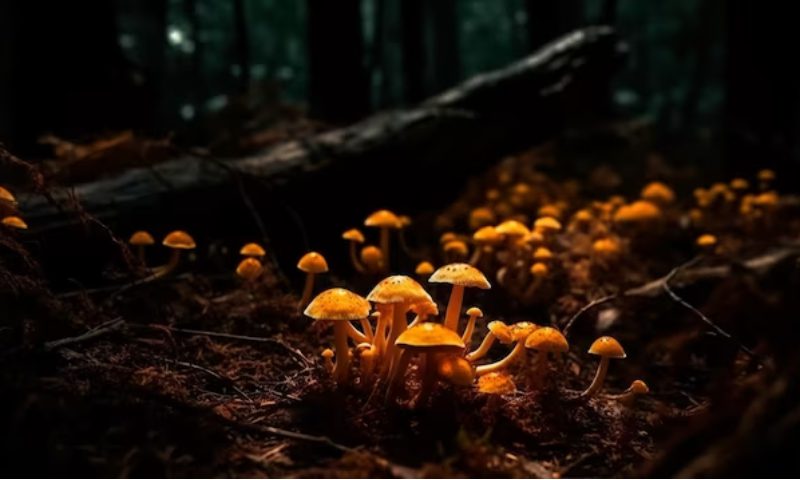Florida, often celebrated for its stunning beaches, tropical climate, and theme parks, is also a fertile ground for a different kind of attraction—mushroom farms. The state’s warm and humid climate, combined with a growing interest in gourmet and medicinal mushrooms, has led to a flourishing mushroom farming industry. In this article, we will dive deep into the world of mushroom farms in Florida, exploring their history, growth, challenges, and the unique varieties they produce.
Understanding the Florida Mushroom Scene
The mushroom farming industry in Florida has witnessed substantial growth over the past few decades. While it may not be as widely recognized as the citrus or tourism industries, it plays a vital role in the state’s agricultural landscape. Let’s explore the key aspects of the Florida mushroom scene:
Historical Roots
Mushroom farming in Florida dates back to the mid-20th century, with the establishment of small-scale operations. Initially, these farms primarily focused on the cultivation of common button mushrooms (Agaricus bisporus), which remain a staple in the industry. However, in recent years, the market has diversified to include a wide range of specialty mushrooms.

Climate Advantage
One of the reasons for the success of mushroom farms in Florida is the state’s climate. The warm and humid conditions are conducive to mushroom growth, providing an ideal environment for various species. This advantage has enabled year-round cultivation and a steady supply of fresh mushrooms.
Diversity of Mushroom Varieties
Florida mushroom farms are known for their diverse range of mushroom varieties. While button mushrooms are still prevalent, farmers have ventured into growing exotic and gourmet varieties. These include shiitake, oyster, lion’s mane, reishi, and maitake mushrooms, among others. The rise of culinary interest and health-conscious consumers has driven the demand for these specialty mushrooms.

Challenges and Solutions
Despite its growth, the mushroom farming industry in Florida faces its share of challenges. The tropical climate, while favorable for mushroom growth, can also lead to pest and disease issues. Additionally, transportation and distribution can be complex due to Florida’s geographical location. To address these challenges, farmers employ innovative techniques, such as controlled environment farming, to ensure consistent and high-quality yields.

Florida’s Unique Mushroom Varieties
Let’s take a closer look at some of the unique mushroom varieties that are cultivated in Florida:
1. Shiitake Mushrooms: These flavorful and meaty mushrooms have gained popularity in various cuisines. Florida’s climate allows for year-round shiitake cultivation, making them a staple in many gourmet dishes.
2. Oyster Mushrooms: Known for their delicate flavor and velvety texture, oyster mushrooms thrive in Florida’s warm and humid conditions. They come in various colors, including white, pink, and blue.
3. Lion’s Mane Mushrooms: This distinctive mushroom variety resembles a lion’s mane and has a subtle seafood-like flavor. It is gaining attention for its potential cognitive and nerve health benefits.
4. Reishi Mushrooms: Revered in traditional medicine, reishi mushrooms are cultivated in Florida for their potential health-promoting properties. They are often used to make extracts and teas.
5. Maitake Mushrooms: Also known as “hen of the woods,” maitake mushrooms are valued for their earthy flavor and potential health benefits. They are commonly used in soups and stir-fries.

Innovations in Mushroom Farming
Florida’s mushroom farmers are not only focused on cultivating diverse varieties but also on adopting innovative and sustainable farming practices. Some notable trends in the industry include:
1. Controlled Environment Agriculture (CEA): CEA techniques involve growing mushrooms in controlled indoor environments where temperature, humidity, and lighting are carefully managed. This approach ensures optimal growing conditions and reduces the risk of pests and diseases.
2. Organic and Sustainable Farming: Many mushroom farms in Florida are embracing organic and sustainable practices. This includes using organic substrates, reducing waste through composting, and minimizing the environmental impact of their operations.
3. Community Engagement: Some mushroom farms have established community-supported agriculture (CSA) programs, allowing local residents to receive fresh mushrooms directly from the farm. This approach promotes a sense of community and supports small-scale farmers.

The Future of Florida’s Mushroom Farms
The future of mushroom farming in Florida looks promising. As consumer awareness of the nutritional and culinary benefits of mushrooms continues to grow, so does the demand for unique and exotic varieties. Additionally, ongoing research into the potential health benefits of medicinal mushrooms like reishi and lion’s mane is likely to further boost the industry.
Moreover, the sustainability and versatility of mushroom farming make it an attractive option for farmers looking to diversify their agricultural ventures. The mushroom industry also aligns with the broader trend of supporting local and sustainable food sources, which has gained traction in recent years.

Conclusion
Florida’s mushroom farms have evolved from modest beginnings to become a thriving and innovative sector of the state’s agricultural landscape. Their ability to adapt to challenges, embrace diversity, and cultivate unique mushroom varieties positions them for a bright future. So, the next time you savor a gourmet mushroom dish in Florida, remember the dedicated farmers who make it all possible.



